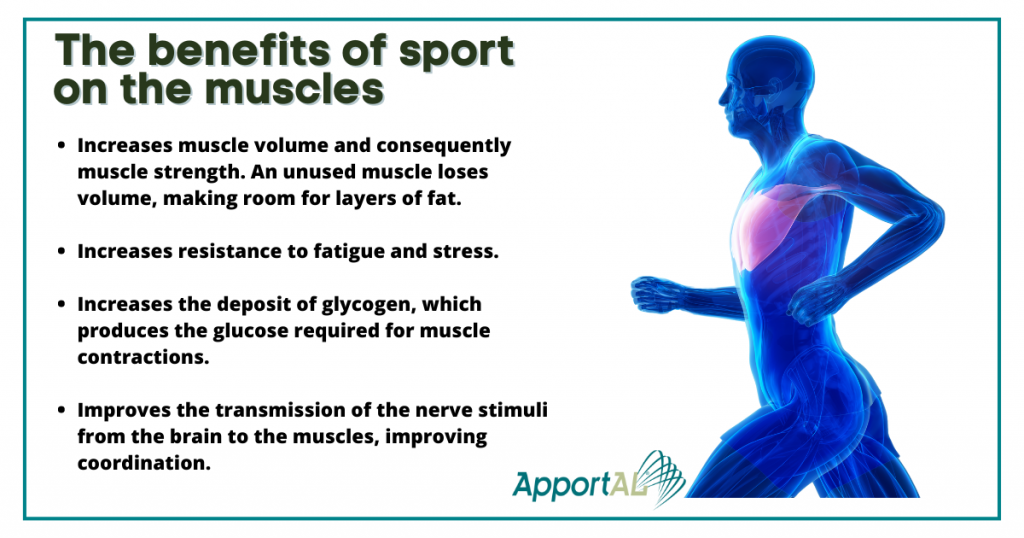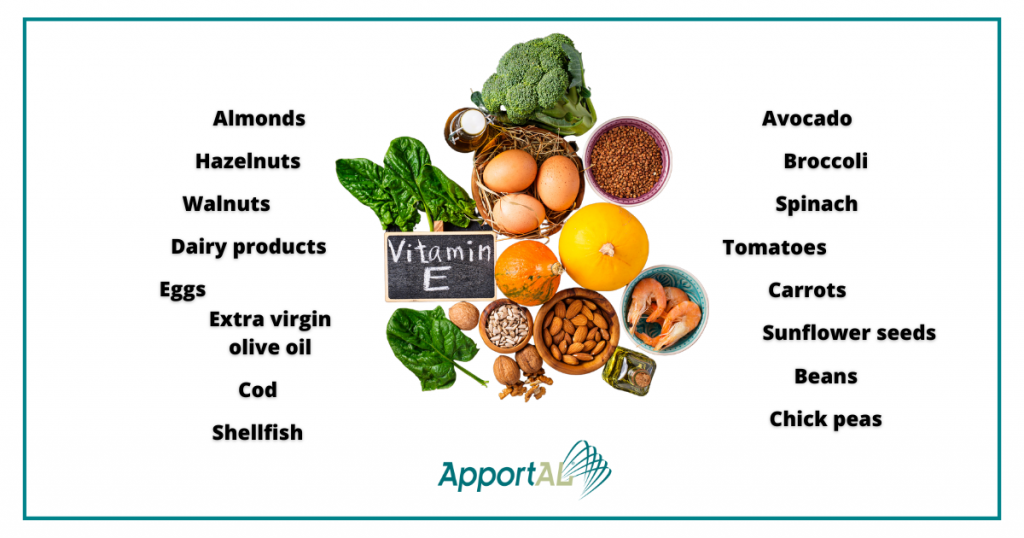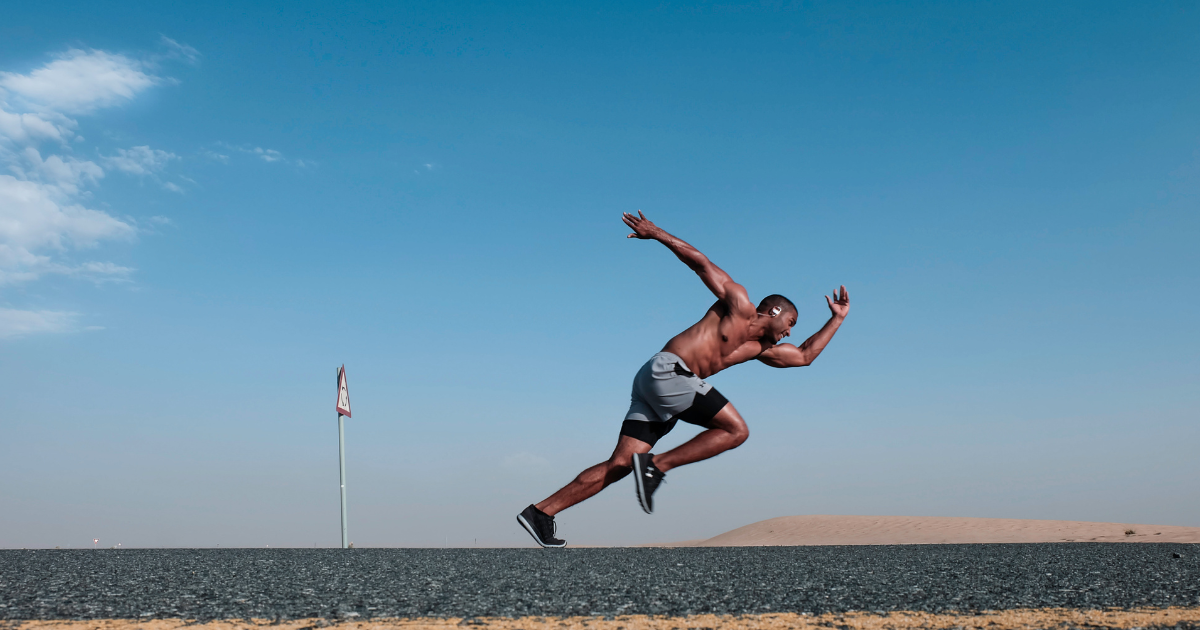Muscles are organs that control body movement and have an extremely complex structure, in both cellular and structural terms. In fact they are formed by many fascicles of muscle fibres lying parallel to each other.

The muscular system has many functions, and it is important not only for supporting movement but also for maintaining numerous vital functions active, such as blood circulation, breathing and digestion.
It is therefore indispensable to keep the whole muscular system healthy, starting from constant physical activity. The benefits of sport in fact impact both physical and mental health. You don’t have to take part in competitive sports, all you need is regular physical activity, of even moderate intensity, to help improve the well-being of the whole body and, at the same time, quality of life.

Advice for fighting muscle fatigu
When a particularly intense sports session causes pain and tenderness, this means that there is an over-production of lactic acid, triggered by the body’s need to produce more energy. To fight this unpleasant muscle pain, we must firstly restore a correct level of hydration, drinking water to restore the mineral salts lost through sweating.
But, on the contrary, muscle pain may also be caused by a prolonged period of a sedentary lifestyle, when the muscles lose tone and suffer from fatigue with any minor effort. Loss of muscle strength also affects the bone structure, leading to a range of musculoskeletal pains affecting particularly the back, lumbar and neck regions.
Here is some useful advice for fighting muscle pain and keeping the muscles healthy:
- Keep active, avoiding excessive strain as well as a sedentary lifestyle
- Drink plenty of water
- Have a healthy diet rich in fruit and vegetables
- Maintain a correct posture
- Never forget the importance of stretching sessions, postural exercises or yoga
Supporting muscle function with supplements
As mentioned, a healthy diet plays a fundamental role in the well-being of both muscles and the whole body.
Particularly, recent studies have considered the beneficial effects of vitamin E, showing how it can help reduce pain and inflammation with its antioxidant properties.
Which foods are richest in vitamin E?

The ApportAL® range of nutritional supplements is also formulated to support muscle function and, in addition to vitamin E, contains:
Selenium: useful for ensuring the correct functioning of skeletal muscles and supporting the body during periods of physical and mental fatigue.
Magnesium: contributes to normal muscle function, also helping to carry calcium and potassium through the cell membranes, which are fundamental for the transmission of nerve impulses, muscle contraction and heartbeat.
Arginine: acts on muscle efficiency, maintaining the uptake of oxygen and nutrients. It therefore speeds up recovery of muscle well-being following body prolonged inactivity and sports performance.
Carnitine: it facilitates muscle tissue repair in the event of strains and oxidative stress. It also helps to fight fatigue and breathlessness, maintaining high energy levels for prolonged periods during physical activity.





